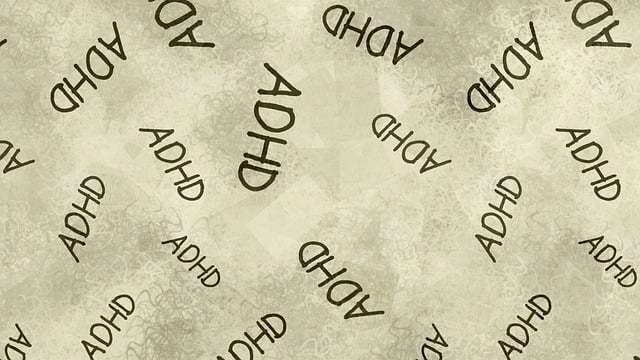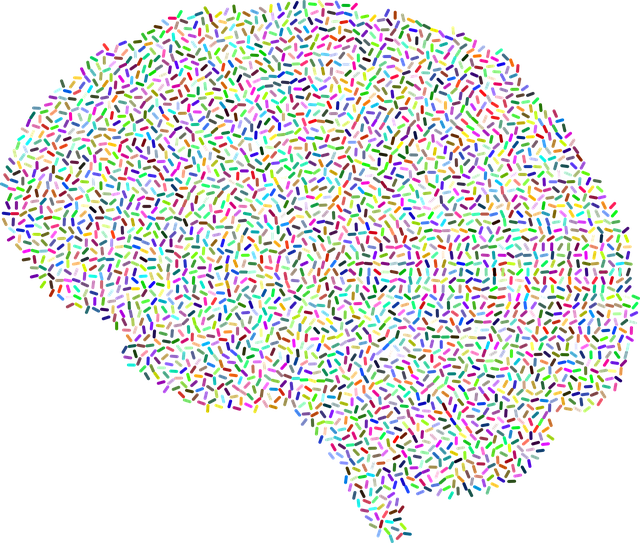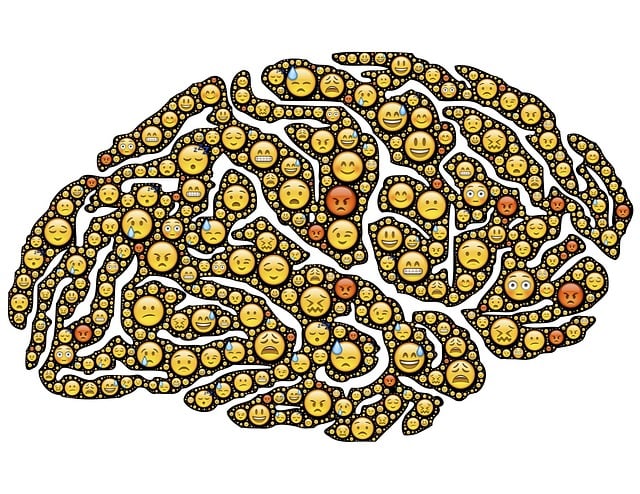Lafayette Family Counseling Therapy leverages advanced data analysis techniques for personalized, culturally sensitive mental health support. Through rigorous evaluations combining clinical interviews, standardized assessments, and self-report questionnaires, therapists gain holistic insights into clients' psychological well-being, historical experiences, and cultural backgrounds. Integrating diverse data sources enables tailored interventions addressing unique needs, enhancing treatment effectiveness. Advanced analytics facilitate the creation of Mental Health Education Programs focused on empathy building and inner strength development, improving overall care quality and continuity at Lafayette Family Counseling Therapy.
Mental health data analysis is a critical component of effective clinical practice, enabling professionals like those at Lafayette Family Counseling Therapy to make informed decisions. This article delves into the intricacies of understanding, analyzing, and interpreting mental health data. We explore advanced techniques for data-driven insights, focusing on how Lafayette Family Counseling Therapy leverages these methods to enhance patient care strategies. By the end, readers will grasp the significance of data analysis in transforming mental healthcare outcomes.
- Understanding Mental Health Data Collection at Lafayette Family Counseling Therapy
- Advanced Techniques for Data Analysis in Clinical Practice
- Interpreting Findings and Improving Patient Care Strategies
Understanding Mental Health Data Collection at Lafayette Family Counseling Therapy

At Lafayette Family Counseling Therapy, we understand that effective mental health data collection is the cornerstone of providing tailored and culturally sensitive support to our clients. Our approach involves a comprehensive evaluation process, utilizing various methods to gather insights into individuals’ psychological well-being. Trained professionals employ clinical interviews, standardized assessments, and self-report questionnaires to assess symptoms, behaviors, and overall mental wellness. By integrating these data sources, we gain a holistic view of each client’s unique challenges and strengths.
The process is meticulously designed to capture not only the individual’s current state but also their historical experiences and cultural backgrounds. This includes exploring social skills development through interactive assessments and considering the impact of cultural factors on mental health. By incorporating Cultural Sensitivity in Mental Healthcare Practice, we ensure that our interventions are inclusive and respectful of diverse needs, ultimately enhancing the effectiveness of our services.
Advanced Techniques for Data Analysis in Clinical Practice

In today’s digital era, advanced techniques for data analysis play a pivotal role in clinical practice, enhancing the effectiveness of mental health services provided by institutions like Lafayette Family Counseling Therapy. By leveraging sophisticated tools and algorithms, therapists can gain deeper insights into patient profiles, identifying patterns and trends that were previously difficult to discern. This enables more personalized treatment plans tailored to individual needs, thereby increasing the likelihood of successful outcomes.
For instance, these techniques facilitate the design and implementation of comprehensive Mental Health Education Programs that incorporate Empathy Building Strategies and Inner Strength Development modules. By analyzing data from various sources, therapists can create targeted interventions that foster resilience, improve coping mechanisms, and enhance overall well-being. Such a data-driven approach not only ensures the quality of care but also allows for continuous improvement in mental health services, ultimately enriching the lives of those seeking support at Lafayette Family Counseling Therapy.
Interpreting Findings and Improving Patient Care Strategies

Interpretation of mental health data is a powerful tool for enhancing patient care at Lafayette Family Counseling Therapy. By analyzing trends and patterns within the collected data, therapists can gain valuable insights into the effectiveness of their interventions and identify areas for improvement. This process involves not only quantifying symptoms but also understanding the qualitative aspects of each patient’s journey. For instance, identifying common themes in therapy sessions could point to specific communication strategies that require refinement or highlight successful techniques worth replicating across different cases.
Leveraging these findings, therapists can adapt their approach, incorporating tailored Social Skills Training and Mental Wellness Coaching Programs Development. Implementing evidence-based Communication Strategies, informed by data analysis, ensures patients receive personalized care that addresses their unique needs. Such continuous evaluation and adjustment not only improve patient outcomes but also foster a dynamic therapeutic environment where both therapist and client grow together.
Mental health data analysis is a powerful tool that, when utilized effectively, can significantly enhance patient care at practices like Lafayette Family Counseling Therapy. By employing advanced techniques and thoughtful interpretation, therapists can gain valuable insights into client populations, tailor treatment strategies, and ultimately improve outcomes. This article has explored the process of understanding data collection methods, mastering analytical tools, and interpreting findings to drive positive change in mental health care.














